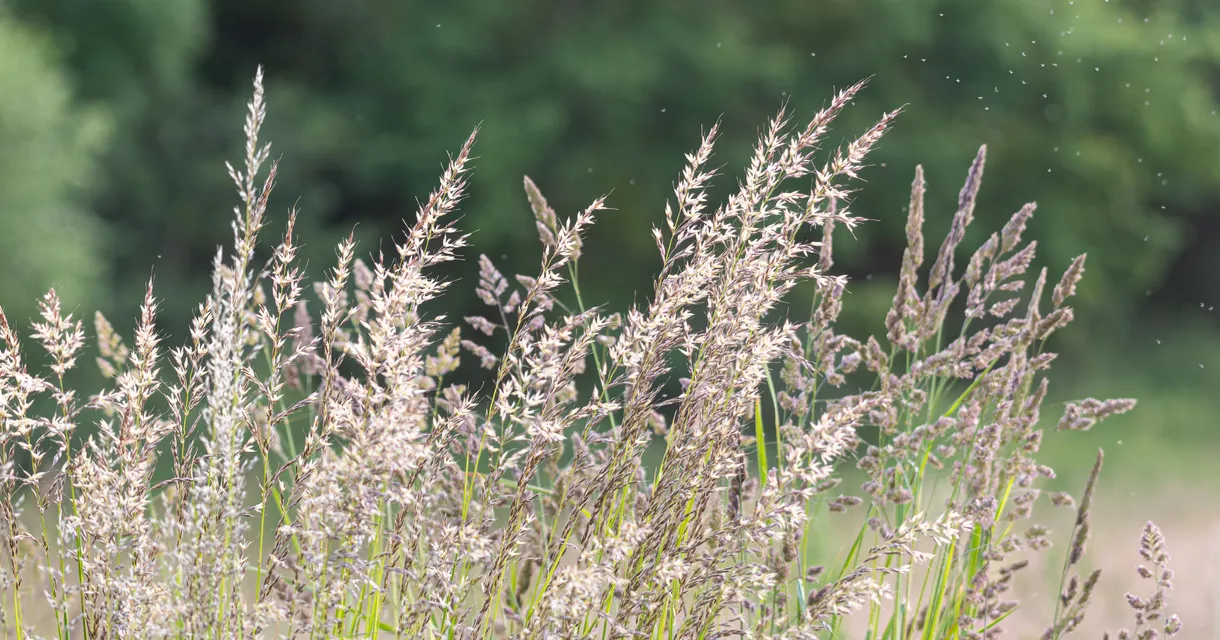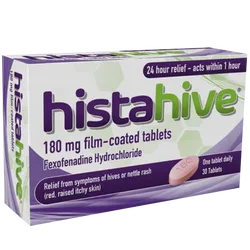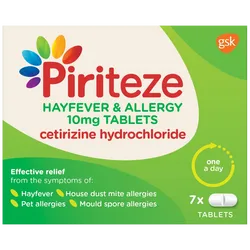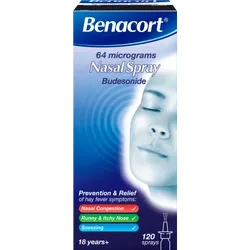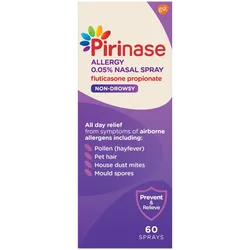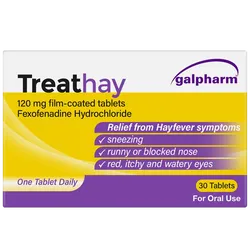Everything You Need to Know About Hayfever Fatigue
Hayfever is known for causing sneezing, itchy eyes, and a runny nose – but for many people, it also leads to something less talked about: tiredness. If you’ve been feeling unusually fatigued during allergy season, you might be experiencing what’s known as hayfever fatigue.
Does Hayfever Make You Tired?
Yes, hayfever can make you tired. Hayfever fatigue refers to the persistent tiredness and low energy levels some people feel alongside classic allergy symptoms. This isn’t just everyday tiredness – it’s a hazy, heavy feeling that makes it hard to concentrate and stay alert.
There are a couple of key reasons behind hayfever fatigue: firstly, your immune system is working overtime to fight off allergens, releasing inflammatory chemicals like histamine that can make you feel drained. Secondly, hayfever symptoms – like congestion and nighttime sneezing – can disturb your sleep.
While we often associate hayfever with spring and summer, hayfever in autumn and winter is also common due to mould spores and dust mites. This can overlap with seasonal fatigue due to reduced daylight, making it harder to pinpoint the cause.
Best Treatments for Tiredness in Hayfever
To manage hayfever fatigue, the best approach is to tackle the allergy symptoms causing it. Here are some treatments that can help reduce fatigue by managing underlying hayfever symptoms:
| Treatment | Product | How It Helps | Onset Time | Notes/Warnings |
|---|---|---|---|---|
| Non-drowsy antihistamine | Loratadine Tablets | Relieves sneezing, itching, and watery eyes without causing drowsiness | 1–2 hours | Suitable for daytime use |
| Non-drowsy antihistamine | Fexofenadine Tablets | Helps control more persistent or severe hayfever symptoms | 1 hour | Check suitability if pregnant or breastfeeding |
| Nasal spray | Beconase Nasal Spray | Reduces nasal inflammation and congestion | 3–12 hours | Use regularly for best results |
If you're pregnant or caring for a child, you may need to avoid certain hayfever medicines. Check our guides on hayfever in pregnancy and hayfever in children and babies for more advice.
How to Naturally Combat Hayfever Fatigue
- Shower and change clothes after being outdoors to reduce pollen exposure
- Keep windows closed during high pollen count periods
- Use a HEPA air purifier indoors
- Drink plenty of water to stay hydrated and support energy levels
- Try saline nasal sprays to relieve congestion naturally
- Limit alcohol and caffeine, which can disrupt sleep
- Prioritise quality sleep with good bedtime routines
